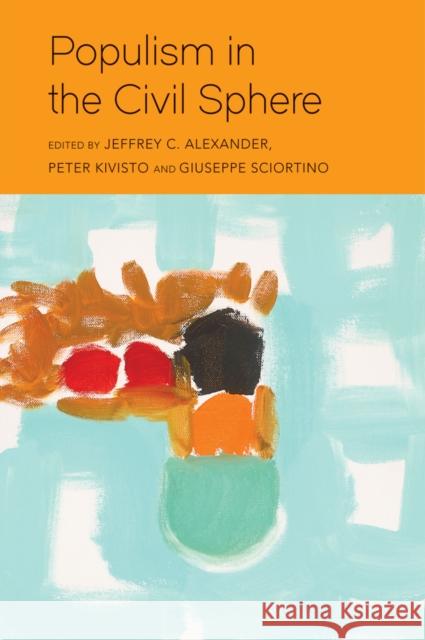Populism in the Civil Sphere » książka
topmenu
Populism in the Civil Sphere
ISBN-13: 9781509544738 / Angielski / Twarda / 2020 / 316 str.
Populism in the Civil Sphere
ISBN-13: 9781509544738 / Angielski / Twarda / 2020 / 316 str.
cena 282,40
(netto: 268,95 VAT: 5%)
Najniższa cena z 30 dni: 280,09
(netto: 268,95 VAT: 5%)
Najniższa cena z 30 dni: 280,09
Termin realizacji zamówienia:
ok. 30 dni roboczych.
ok. 30 dni roboczych.
Darmowa dostawa!
Kategorie:
Kategorie BISAC:
Wydawca:
Polity Press
Język:
Angielski
ISBN-13:
9781509544738
Rok wydania:
2020
Ilość stron:
316
Waga:
0.61 kg
Wymiary:
22.86 x 15.24 x 1.91
Oprawa:
Twarda
Wolumenów:
01
Dodatkowe informacje:
Bibliografia











